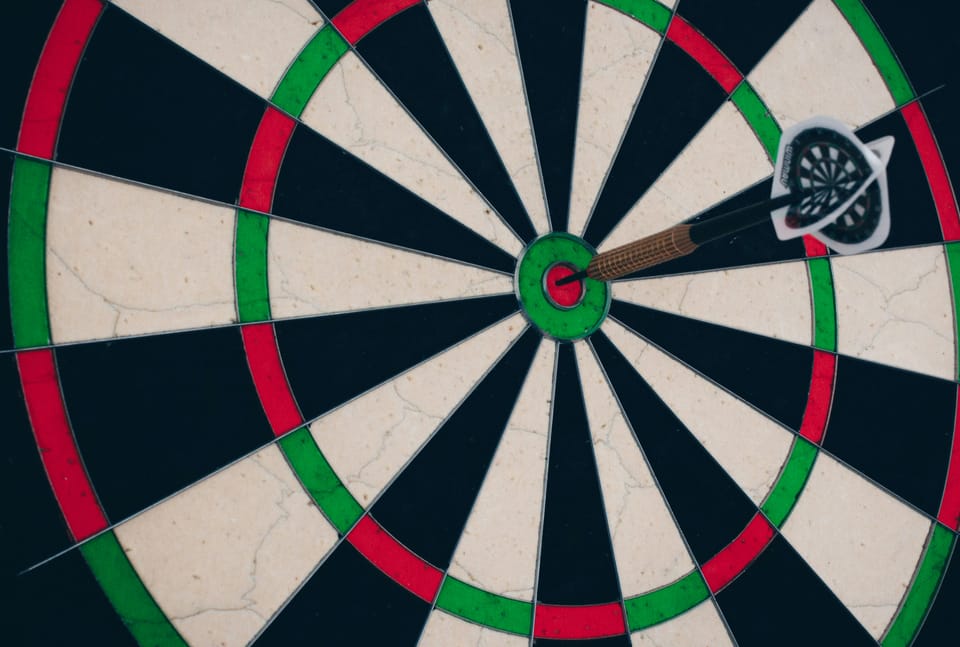Nestlé has met its 2025 climate target one year ahead of schedule

Nestlé’s 2024 sustainability report shows the company has met its 2025 goal of reducing absolute greenhouse gas emissions by 20% one year ahead of schedule.
Nestlé reduced absolute emissions by 18.59% from its 2018 baseline – but its science-based target allows it to count removals from inside its value chain towards reductions.
With the 1.64 million tonnes of carbon removals the company created within its supply chains, Nestlé’s absolute emissions reduction reaches 20.38%, exceeding its 2025 target.
“These are more than encouraging numbers. These are countless localised projects bringing about our global progress,” said Nestlé Chief Sustainability Officer Antonia Wanner.
The company will now continue to work towards its 2030 target of cutting absolute emissions, including Scope 3 food, land and agriculture (FLAG) emissions by 50%.
Nestlé regenerative agriculture
As part of its work to reduce emissions, Nestlé is promoting the implementation of regenerative agriculture practices – including reduced tillage, crop rotation and cover crops – in its supply chain, and now sources 21% of key ingredients from farmers who have adopted these practices.
Key ingredients include 14 agricultural raw materials that make up 95% of Nestlé’s annual sourcing volumes: cereals and grains; cocoa; coconut; coffee; dairy; fish and seafood; hazelnuts; meat and poultry; palm oil; pulp and paper; soy; spices; sugar; and vegetables.
Here too, the company is ahead of its 2025 target, which was to source 20% of these key ingredients from farmers adopting regenerative practices. By 2030, this number should rise to 50%, and Nestlé is currently prioritising advocacy efforts for greater private sector ambition on this topic, as well as the incorporation of regenerative agriculture principles into public policy.
Nestlé’s plastic targets and progress
One area of Nestlé's sustainability strategy appears to be progressing more slowly: the firm aims to cut reliance on virgin plastic by one-third this year, but in 2024, it had achieved a 21.3% reduction.
While this is a better result than other food and beverages companies such as Coca-Cola – perhaps because Nestlé has integrated the virgin plastic reduction KPI in short-term executive incentives – the firm notes that “the infrastructure for plastics recycling is not developing fast enough in many countries around the world”.
It is now focusing on designing 95% of its plastic packaging to be recyclable by the end of this year, and is investing in plastic alternatives to further reduce its use of virgin plastics.







Member discussion